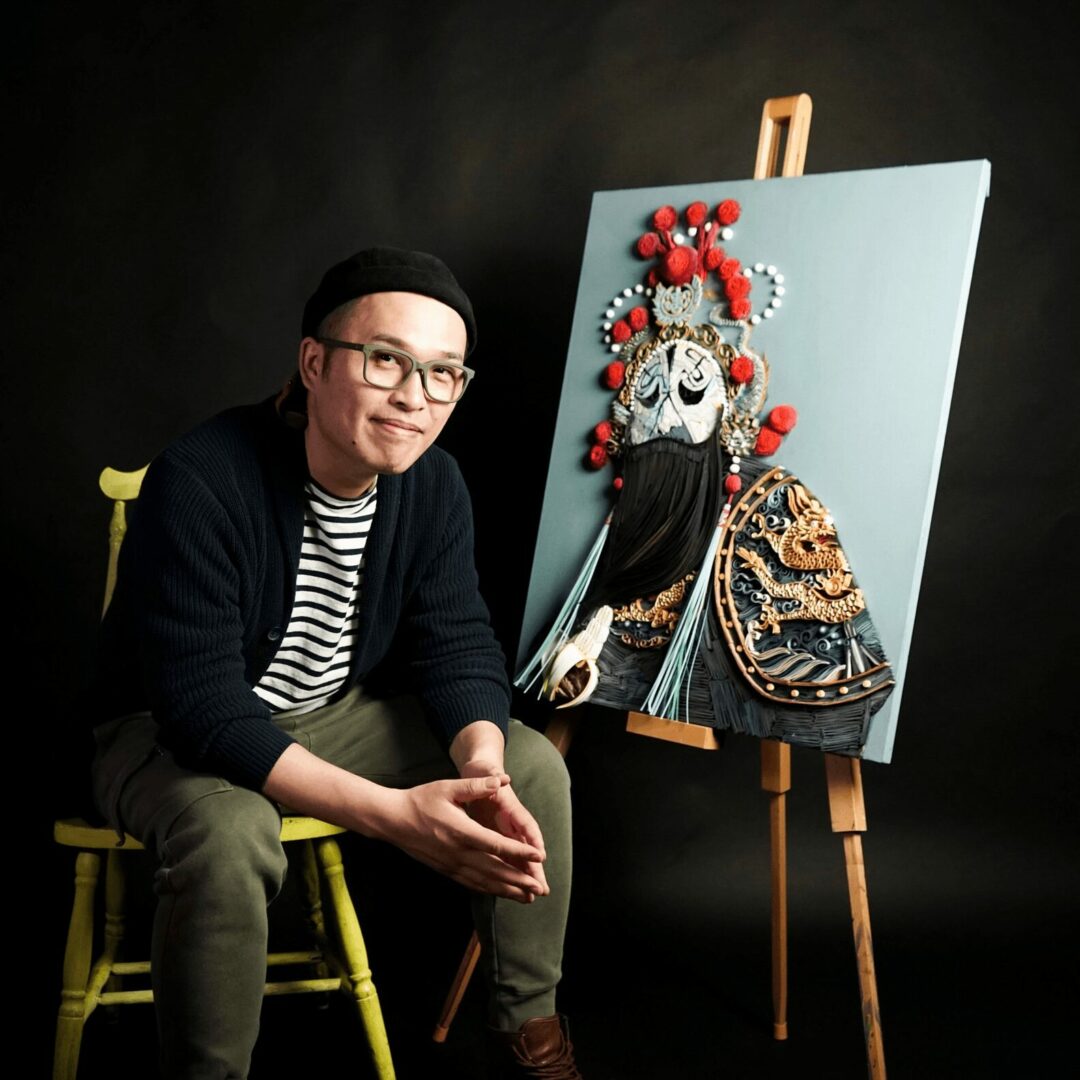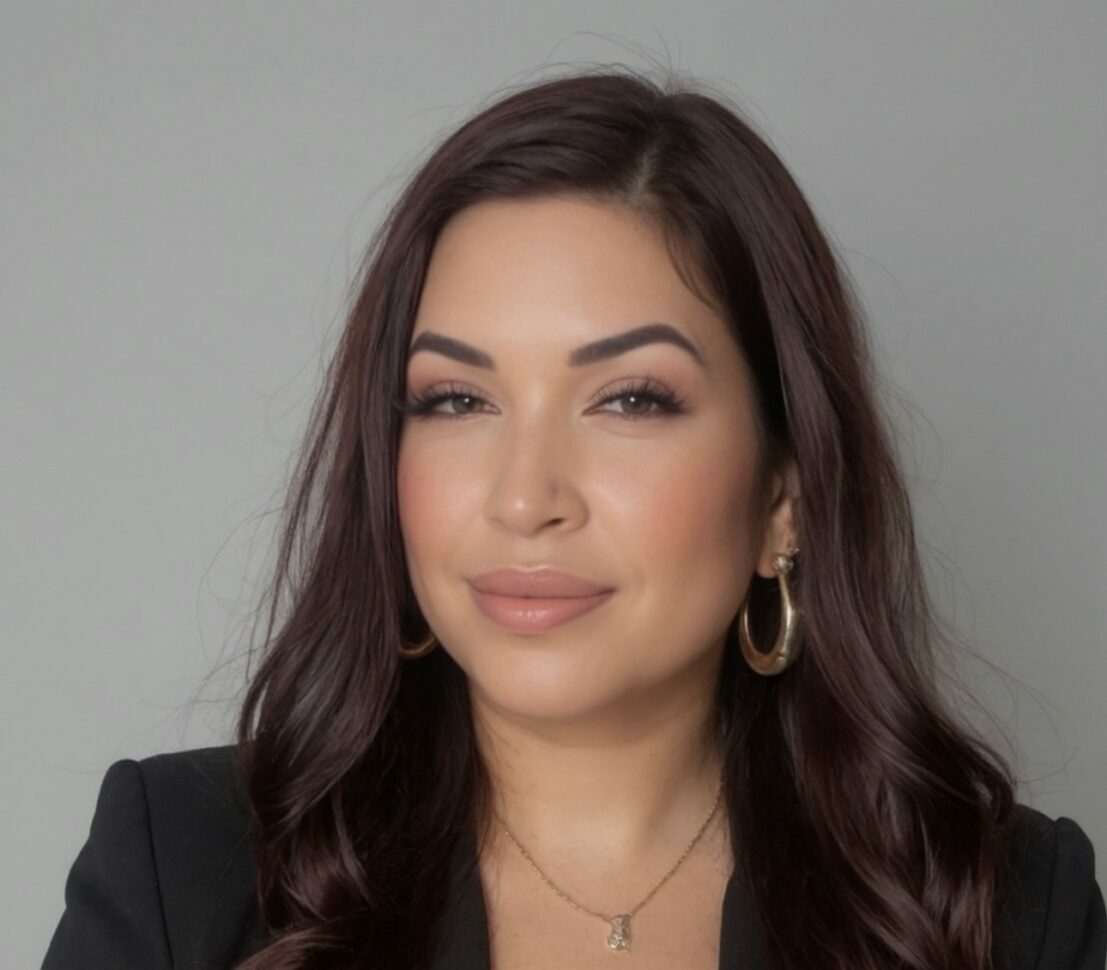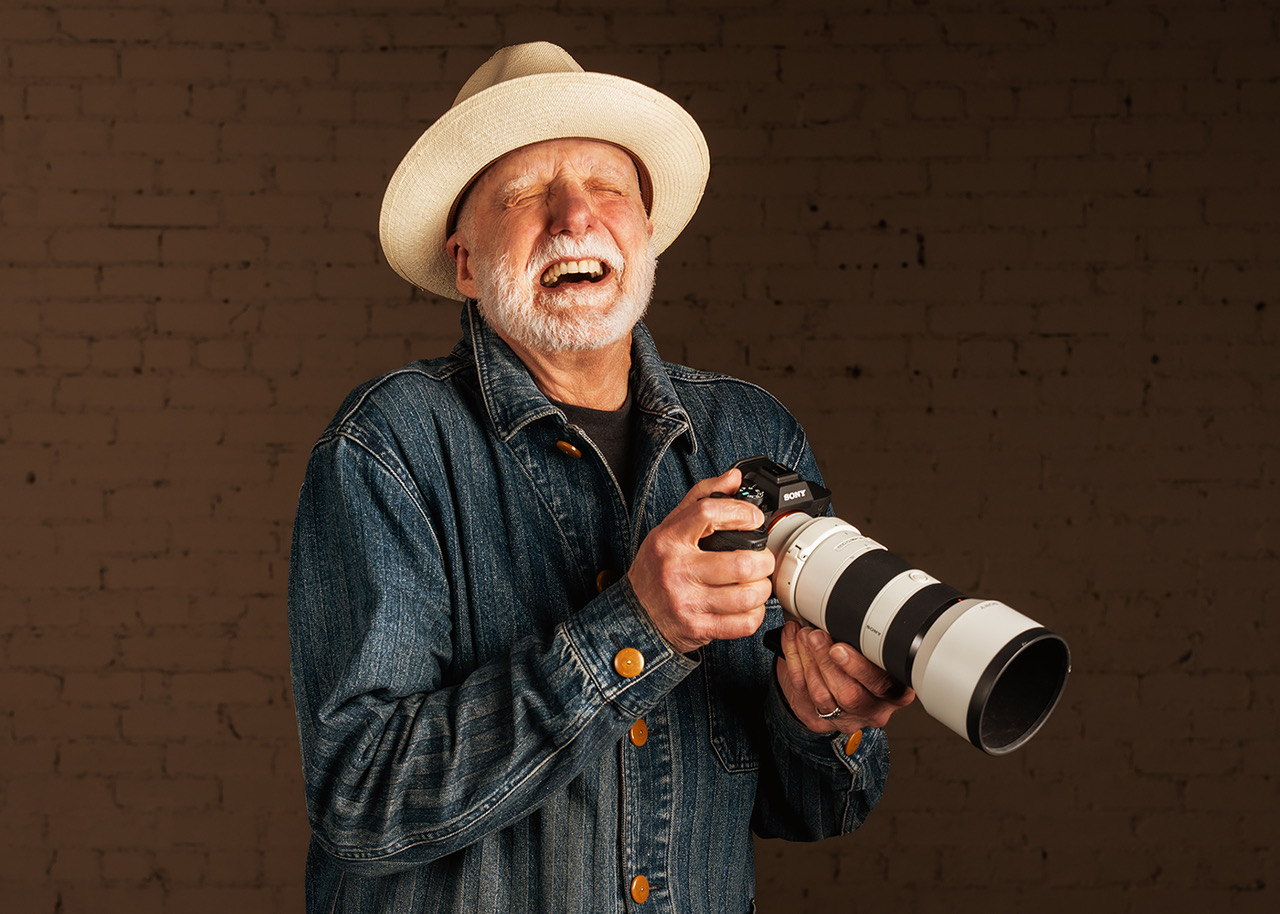We caught up with the brilliant and insightful Andrew Wong a few weeks ago and have shared our conversation below.
Andrew, first a big thank you for taking the time to share your thoughts and insights with us today. I’m sure many of our readers will benefit from your wisdom, and one of the areas where we think your insight might be most helpful is related to imposter syndrome. Imposter syndrome is holding so many people back from reaching their true and highest potential and so we’d love to hear about your journey and how you overcame imposter syndrome.
Imposter syndrome is real. I used to crave those “likes” and praises in the comments, as if I needed them as recognition and essentially a scoreboard for the work I’d made. But I found it very helpful to think about making art just like writing in my journal—there’s no one on earth who can judge whether it’s good or bad. It simply doesn’t matter. Let me explain: I believe I still have imposter syndrome in some way. Maybe growing up in a traditional Chinese family planted that seed, where we learned to be humble at all times and to never be overconfident. I just do my work, and as soon as it’s complete, I don’t think about it anymore.
I’ve come to realize that the older I get, the less I care about what people think. I try my best not to let the world decide my worth. As long as the work is good enough for me, that’s all that matters. But this doesn’t mean I lower my standards. In fact, I keep raising the bar and require myself to be better every day. I also think having this imposter syndrome is what keeps me motivated and striving to improve daily.
I remember seeing a quote somewhere that said, “Be humble enough to know you are replaceable and confident enough to know you are unique.” Let imposter syndrome be your motivation.
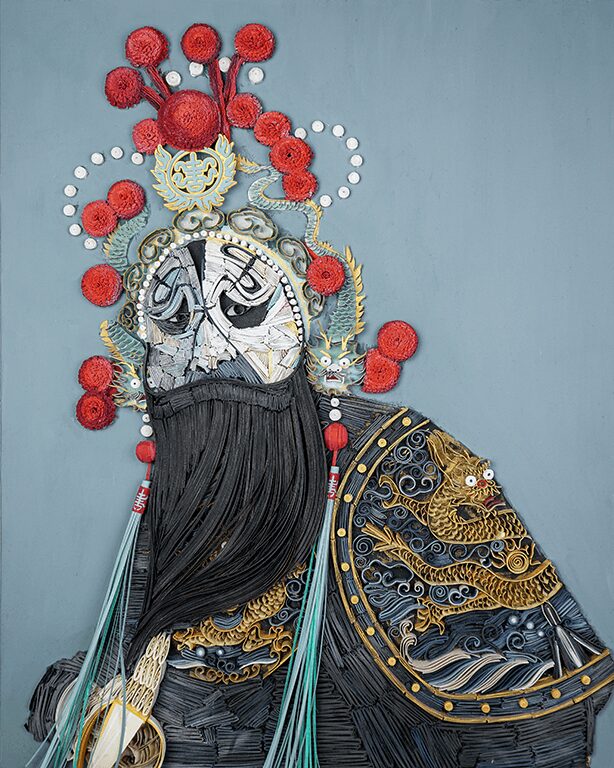
Appreciate the insights and wisdom. Before we dig deeper and ask you about the skills that matter and more, maybe you can tell our readers about yourself?
Growing up in Hong Kong and the United States, Andrew always had a passion for art. However, when it came time to choose a career, he opted for Fashion Design instead of Fine Arts. This seemed more practical, never daring to pursue his dream of becoming an artist.
At the beginning of the COVID-19 pandemic, the inevitable and emotional stay-at-home order transitioned the reality and priorities of daily life. He began working with cardboard boxes as a fun activity with his children as an escape from the monotonous stress of the imposed and indefinite isolation. This play turned into a passion as Andrew reiterated these cut-out designs and models into more intricate forms of portraiture. Paper became the preferred medium. Attaching and lifting the simple cardboard cut-outs perpendicular to the substrate to build three-dimensional works of art that allow light to illuminate hues and articulate shadows, creating an elaborate portrait full of depth and feeling. The process is gratifying and he felt compelled to continue this work as both a means of expression and defiance.
Andrew’s work consistently highlights issues that need more attention, whether related to human rights or environmental protection. His art is a powerful tool for lifting and amplifying the voices and stories that deserve greater recognition. As a young Asian artist, Andrew felt that his culture was often under-represented and misrepresented. Knowing the stories are complex, beautiful, and deserve to be told in all their intricacy, he aims to highlight and celebrate the beauty of his culture and heritage. He is dedicated to positively portraying and lifting the many marginalized individuals and communities around the world who share in the experience of being both under-represented and misrepresented.
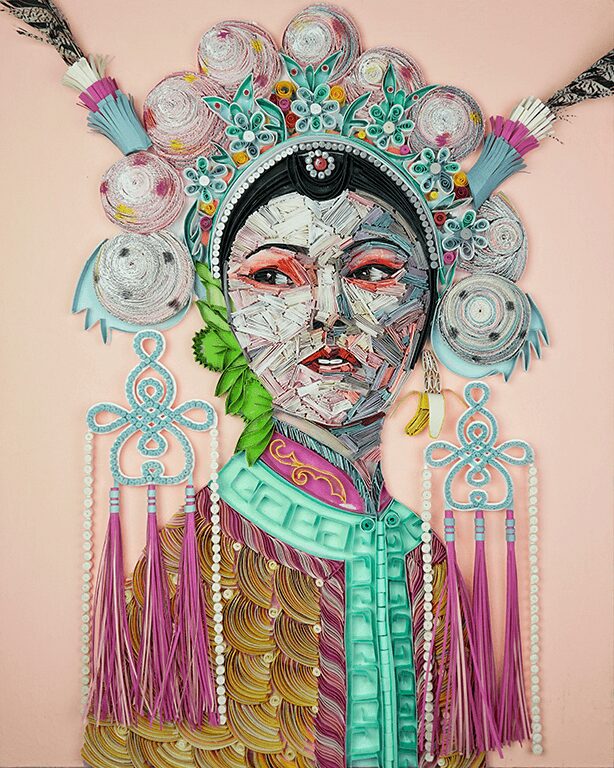
Looking back, what do you think were the three qualities, skills, or areas of knowledge that were most impactful in your journey? What advice do you have for folks who are early in their journey in terms of how they can best develop or improve on these?
1. believe in yourself
2 stay curious
3 find your peers.
The most valuable piece of advice I can give is to believe in yourself. To begin with, believe that you are an artist. Being an artist carries such weight, and for a long time, I never dared to call myself one. A pivotal moment was acknowledging and identifying myself as an artist. Once my mindset shifted from hobbyist to professional, I began to strive for what leads to a successful art career and behave completely differently. Everything falls into place once you have the right mindset.
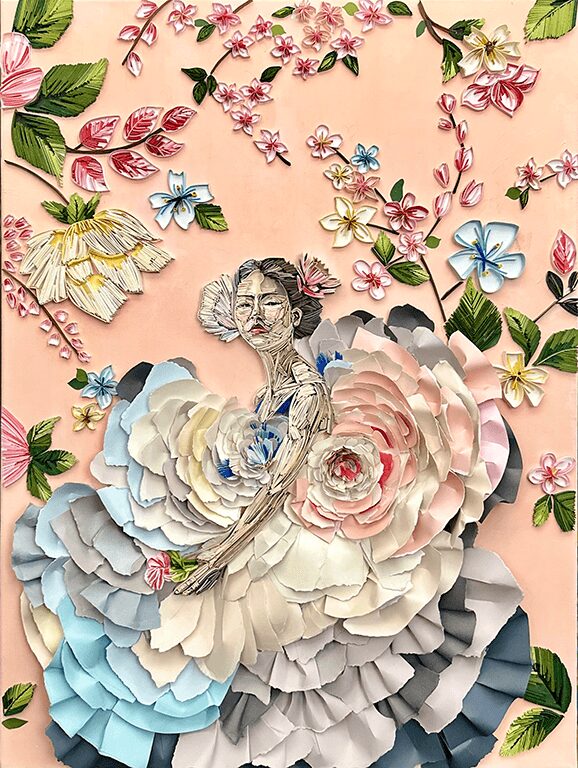
Do you think it’s better to go all in on our strengths or to try to be more well-rounded by investing effort on improving areas you aren’t as strong in?
Unlike the famous quote, I think it is much better to become a master of one than to become a jack of all trades and master of none, especially in today’s world where all things are easily accessible. Do you really want to be known for being mediocre at many things or be famous for excelling in one? Most of the successful brands or restaurants we know often win recognition or are known for that one special thing they do exceptionally well.
Focusing your strength on one area allows you to develop a depth of knowledge and skill that can set you apart from others. It enables you to refine your craft to the highest level and become a true expert. This doesn’t mean you should ignore your weaknesses completely, but rather prioritize becoming outstanding in your chosen field. Investing your time and energy into mastering one area can lead to greater recognition and success, as you become known for your expertise and unique contributions in that particular domain.
Contact Info:
- Website: https://www.10past9.com
- Instagram: https://www.instagram.com/10past9/
- Facebook: https://www.facebook.com/10past9art
- Linkedin: https://linkedin.com/in/andrew-wong-936887a
- Twitter: https://x.com/10past9/
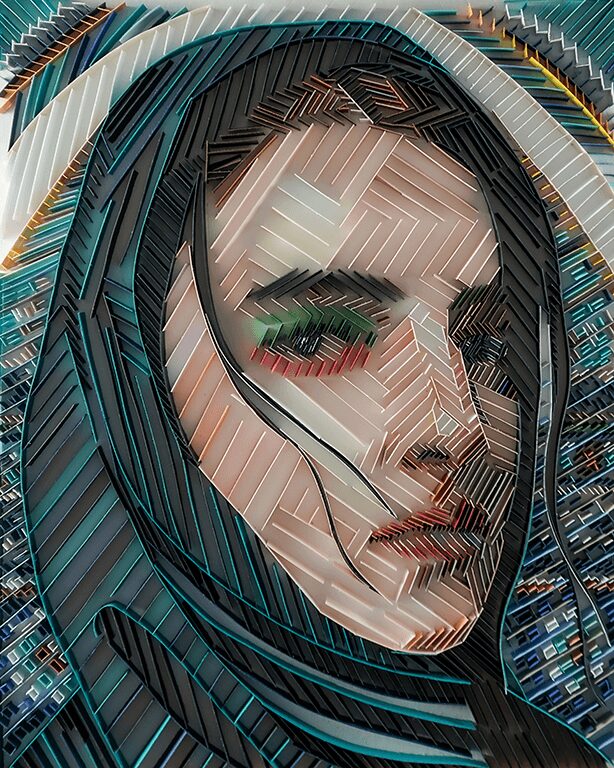
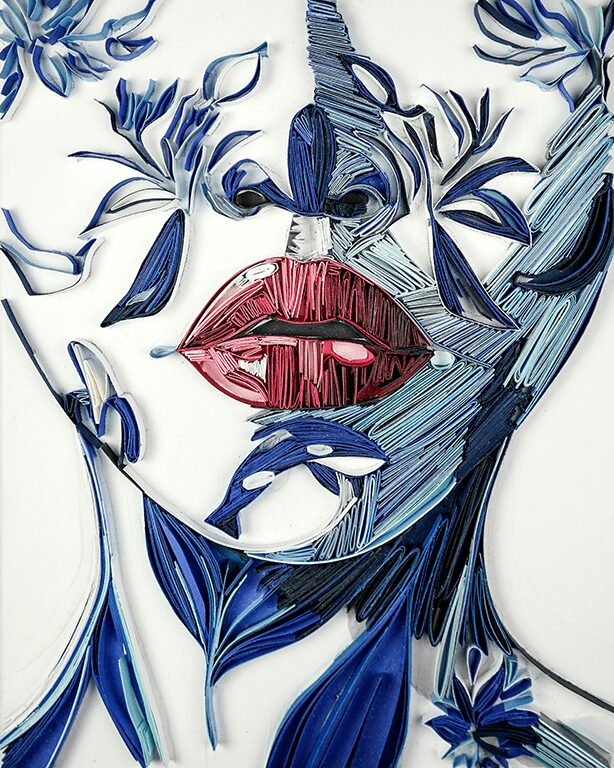
Image Credits
vero @ noonlight Studio
so if you or someone you know deserves recognition please let us know here.

